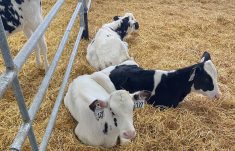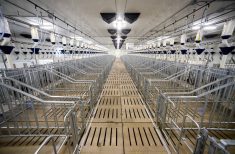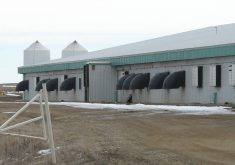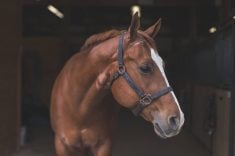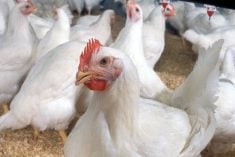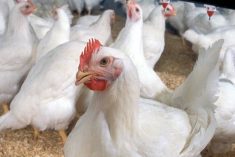New codes of practice, fresh thinking, economic opportunities and a high level of industry engagement are all driving a new generation of fast-evolving progress in farm animal care.
Developments on each of these fronts took centre stage at the Livestock Care Conference, April 6-7 in Red Deer, hosted by Alberta Farm Animal Care (AFAC) and attended by over 150 including producers, other industry representatives and animal-care stakeholders. AFAC is a partnership of Alberta’s major livestock groups, with a mandate to promote responsible, humane animal care within the livestock industry.
Read Also
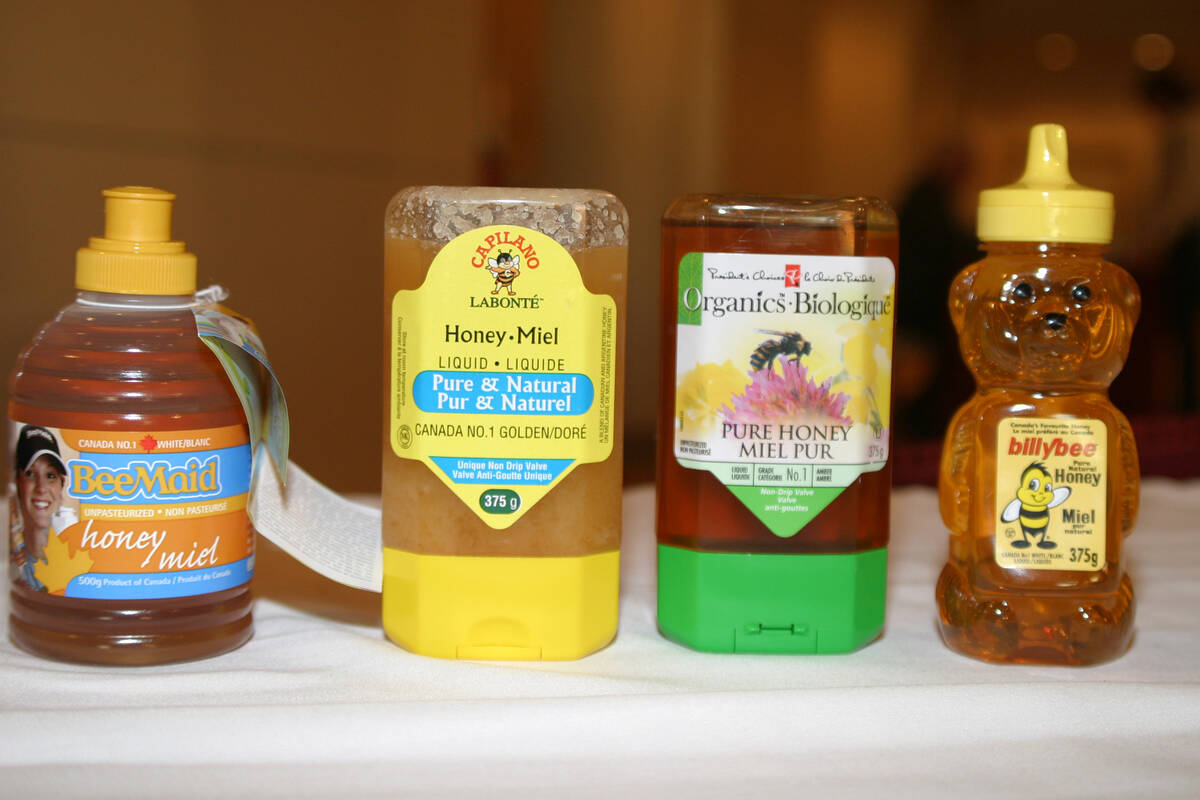
Beekeepers call foul on fake honey
Canada’s beekeepers say the stubborn flow of adulterated honey hasn’t gone away, and it risks compromising both domestic honey producers and crop pollination.
“Change is coming at us quite rapidly in the animal welfare arena,” says Dr. Allan Preston, a veterinarian, cattle producer and assistant deputy minister of agri-industry development and innovation for Manitoba Agriculture, Food and Rural Initiatives. “It’s been coming for a long time and the pace is increasing. I encourage us to embrace that change and be the catalyst that makes things happen.”
Farm animal care is increasingly tied closely to everything from premium market opportunities and international trade standards to on-farm productivity and food safety. New expectations and added-value market potential are fuelled by everyone from consumers to major retailers such as McDonalds and Safeway, to heavyweight international bodies such as the World Organization for Animal Health (OIE).
“Listen to your customer, listen to your livestock and do the right thing,” says Preston. “As the movers and shakers in the livestock world and animal welfare world, we have the opportunity to prosper and profit by helping to lead progress and by producing products that have a higher attributed value.”
NEW CODES
New national codes of practice for the care and handling of livestock in Canada are a critical step in this direction, says Jackie Wepruk, general manager of the National Farm Animal Care Council (NFACC). NFACC is a partnership of diverse stakeholders, including livestock producer organizations, created to share information and work together on farm animal care and welfare. It has helped lead the development of updated codes for a range of livestock species, with a new dairy code just launched and a number of others slated for completion over the next several years.
“The new codes provide a huge piece of the puzzle to keep us on the same page with best practices and to address domestic and international market expectations,” says Wepruk. “The codes serve as educational tools, the foundation of assessment programs and reference materials for regulations. It has been a tremendous benefit for all of us involved in farm animal welfare to be working together on this.”
The codes and the many other livestock-care initiatives related to production practices, transport, research, education and awareness, have been driven by livestock producers and industry through organizations such as AFAC, other provincial farm animal-care groups and NFACC.
IMPORTANT STRENGTH
“The high level of industry engagement in farm animal-care progress is one of the most important strengths we have,” says Dan Weary, a leading farm animal welfare researcher and professor at the University of British Columbia. “It’s the cornerstone for how we can continue to get better.”
“The conference shows a lot of what has been accomplished, the foundation there is for the next generation to build on, and also the challenges we need to keep pushing to address,” says Weary. “One of the best things we can do is continue to share knowledge and ideas that will set the path for the future.”
More information, including a range of reports on conference highlights and speaker presentations, is available on the Livestock Care Conference website, www.afac.ab.ca/lcc.
———
“Listentoyour customer,listento yourlivestockand dotherightthing.”
– ALLAN PRESTON




